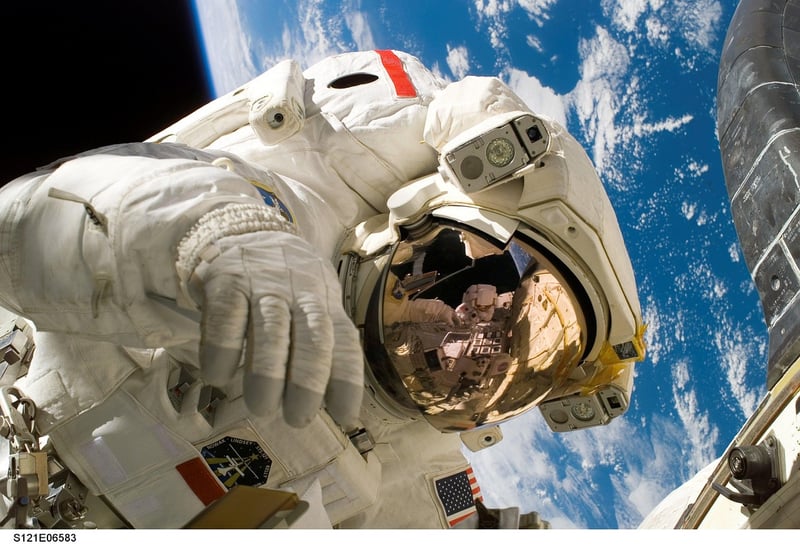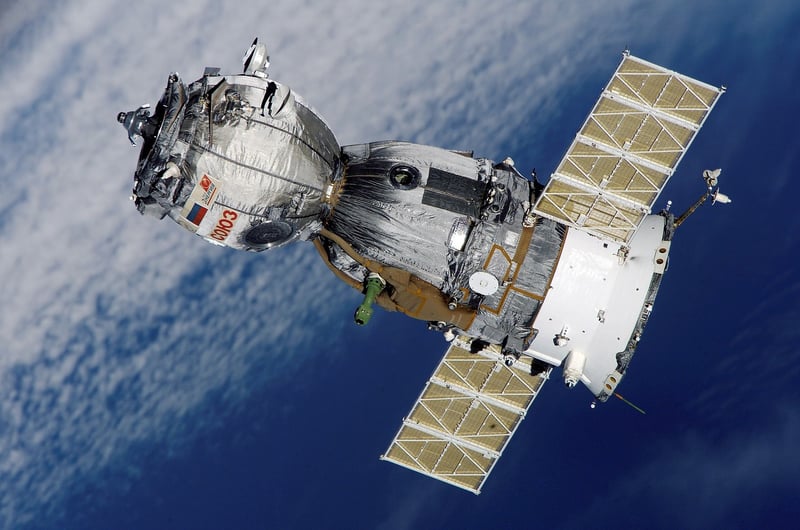Orbital mechanics
The Future of Space Exploration: Advancements in Technology and Orbital Mechanics
In recent years, the field of space exploration has seen significant advancements in technology and a deeper understanding of orbital mechanics. These developments have opened up exciting possibilities for exploring the cosmos like never before.
Advancements in Space Exploration Technology
One of the key areas where technology has rapidly advanced is in the development of spacecraft. Modern spacecraft are equipped with state-of-the-art propulsion systems, advanced materials for construction, and sophisticated communication systems. These improvements have enabled spacecraft to travel further into space, carry more scientific instruments, and even support human habitation on long-duration missions.
Additionally, the use of robotics in space exploration has revolutionized how we study celestial bodies. Robotic rovers like the Mars rovers have provided valuable data about the surface of planets, while robotic probes have ventured deep into our solar system to study asteroids, comets, and moons.
Orbital Mechanics: Navigating the Cosmos
Orbital mechanics plays a crucial role in space exploration by enabling spacecraft to travel efficiently between celestial bodies. Understanding how objects move in space and the effects of gravitational forces has allowed scientists to plot precise trajectories for spacecraft missions.
By utilizing principles of orbital mechanics, space agencies can plan intricate maneuvers such as gravity assists, where a spacecraft uses the gravitational pull of a planet to increase its speed and change its trajectory. This technique has been employed in numerous missions, including the Voyager probes and the New Horizons mission to Pluto.
The Future of Space Exploration
As technology continues to evolve and our understanding of orbital mechanics deepens, the future of space exploration looks incredibly promising. Concepts like ion propulsion, space elevators, and even interstellar travel are no longer confined to science fiction but are actively being researched and developed.
With international collaborations, private space companies, and government agencies working together, we are on the brink of a new era of space exploration that will push the boundaries of human knowledge and expand our presence in the cosmos.
Exciting Times Ahead
Whether it's sending humans to Mars, exploring the moons of Jupiter, or venturing beyond our solar system, the advancements in space exploration technology and orbital mechanics are paving the way for humanity to reach new frontiers and unlock the mysteries of the universe.

Image source: Pixabay
